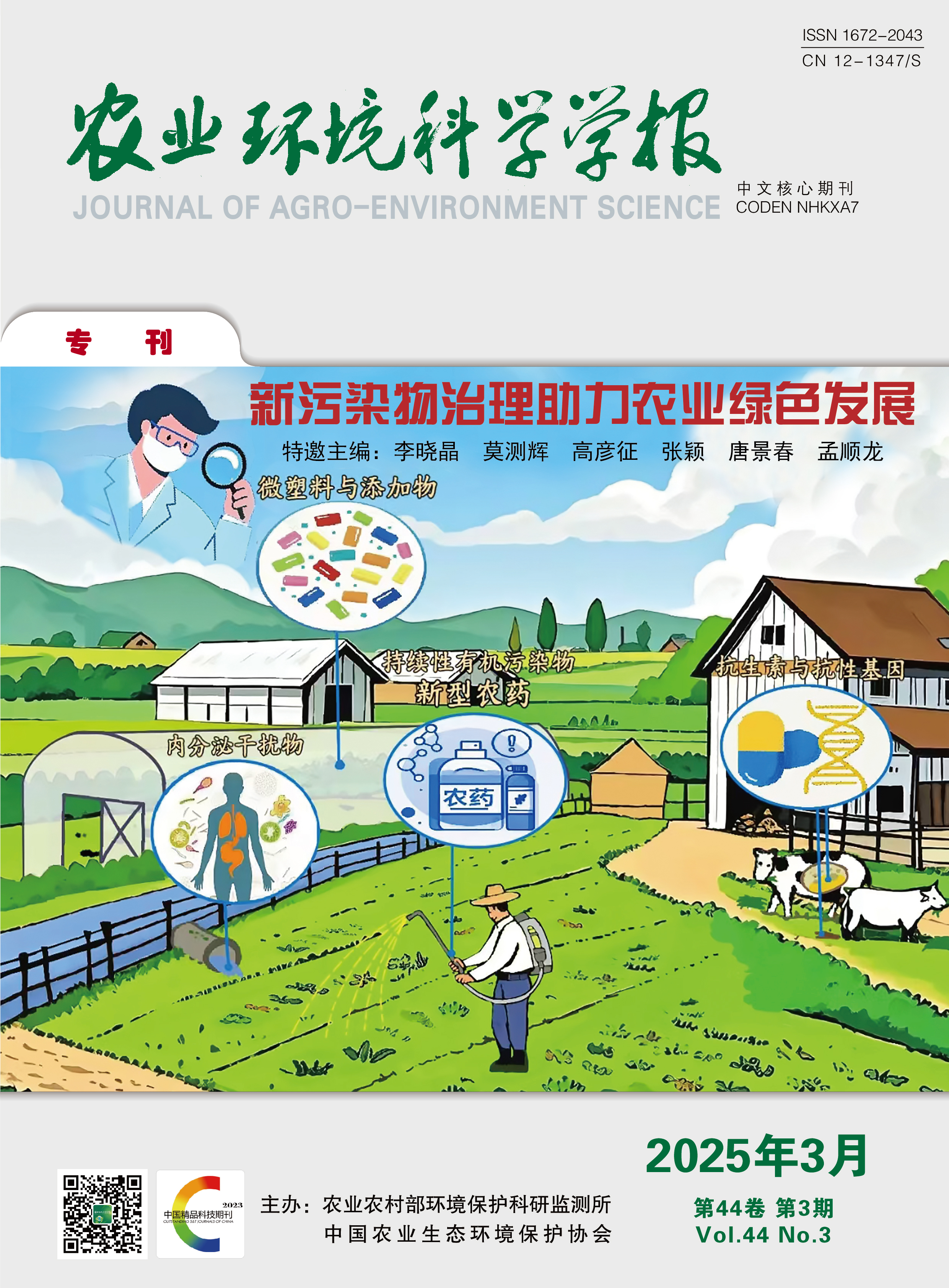青菜-萝卜轮作条件下镉对土壤微生物活性和磷脂脂肪酸特性的影响
相似文章
-
不同植物基生物炭对NH4+及Cd(Ⅱ)的吸附特性 [程钰莹, 王嘉铭, 王平, 朱健, 陈润华, 向思源, 罗思远] 中南林业科技大学学报 2022,42 (3) 180-192
-
小麦中镉不同测定方法比较研究 [葛文静, 胡莎, 袁梦] 现代农业科技 2022 (7) 191-194
-
大连地区贝类中铅和镉对人体健康的潜在风险评价 [王璐, 许岩, 丁勇, 陈文博, 尚宏鑫, 杨婷婷] 现代农业科技 2022 (6) 187-191
-
镉污染水稻秸秆生物炭对土壤中镉稳定性的影响 [胡玉莲, 郭朝晖, 徐智, 肖细元, 彭驰, 王小燕] 农业工程学报 2022 (5) 204-211
-
不同降镉措施降低水稻籽粒中镉积累的效果 [倪中应, 谢炜, 章明奎] 中国稻米 2022 (2) 2-5
-
鸡源耐镉乳酸菌株的分离与鉴定 [蒲俊华, 刘茵茵, 陈大伟, 高玉时, 陆俊贤, 张小燕, 唐梦君, 周倩, 孔令武] 动物营养学报 2022,34 (2) 1305-1312
-
水生植物对灌溉水中镉去除作用的筛选及机制研究 [李智义, 彭亮, 宋慧娟, 李冰玉, 毕军平] 安徽农业科学 2022 (11) 77-80
-
伴矿景天修复农田土壤镉污染的研究进展 [熊娟, 王依涵, 陈畅, 侯静涛, 许运, 汪明霞, 谭文峰] 农业环境科学学报 2022,41 (3) 441-454
-
海泡石对镉污染稻田钝化修复效果的稳定性 [裴楠, 梁学峰, 秦旭, 赵立杰, 黄青青, 徐应明, 孙约兵] 农业环境科学学报 2022,41 (2) 277-284
-
施用低温生物炭对麦田土壤肥力与镉有效性的影响 [闫延梅, 孟自力, 马磊] 园艺与种苗 2021 (12) 74-75






